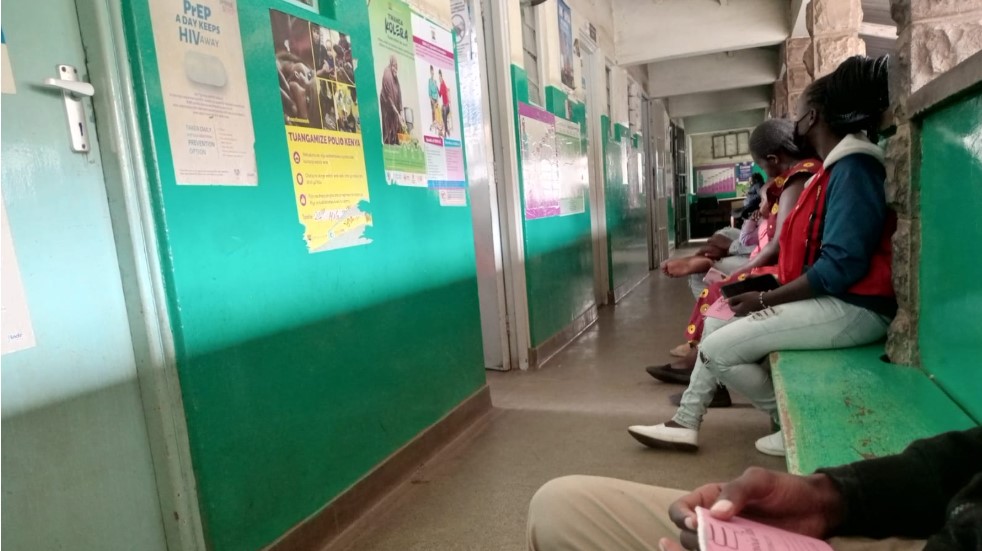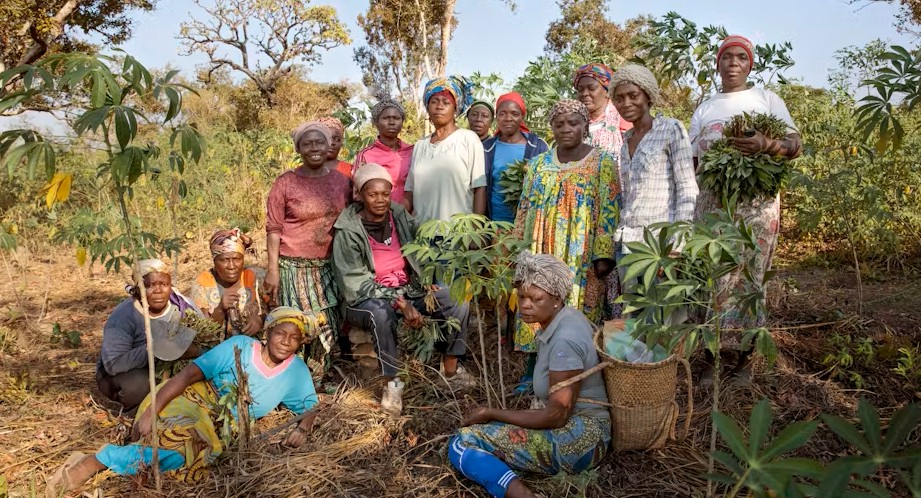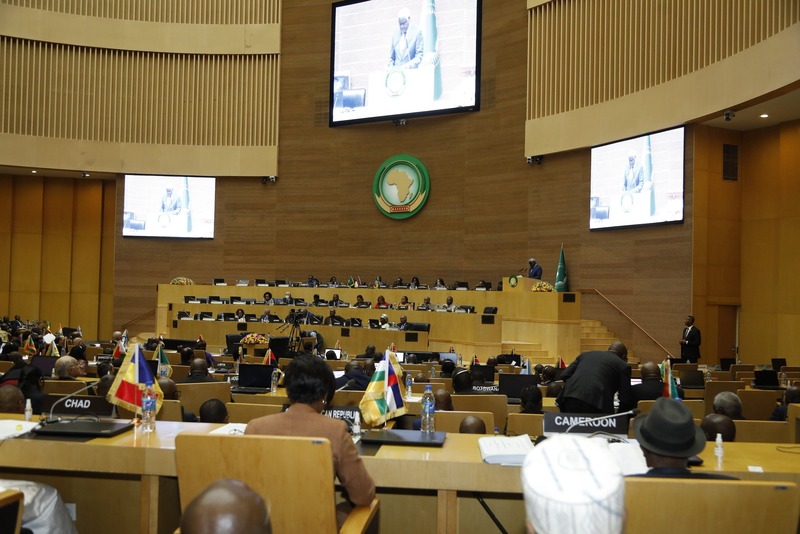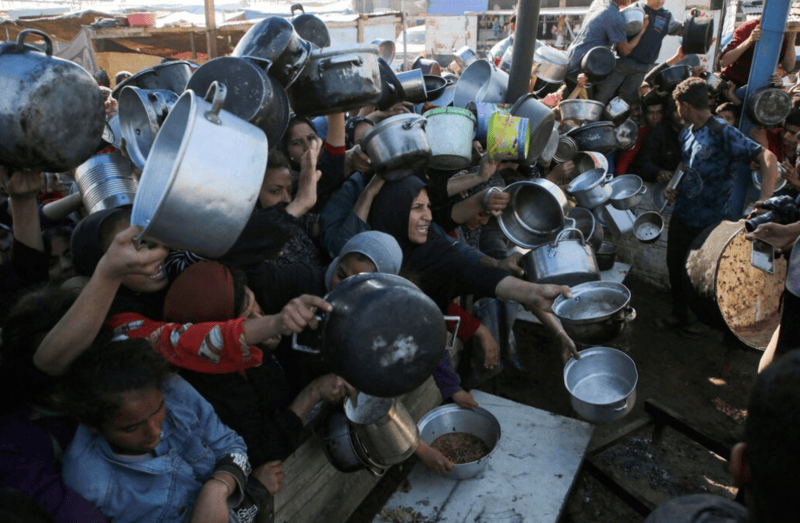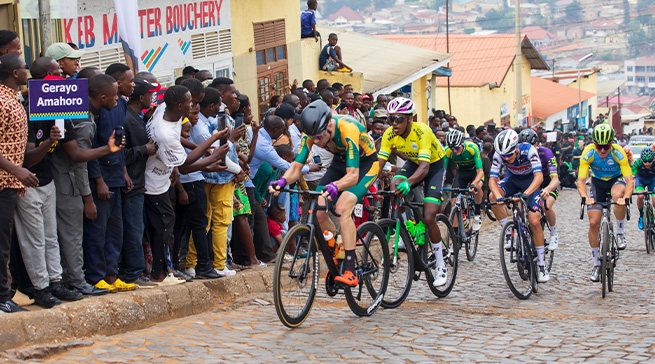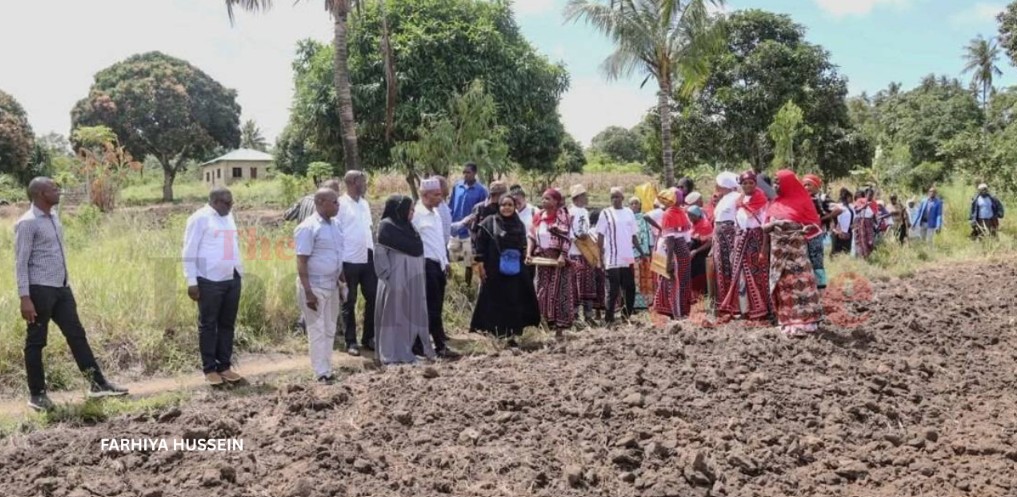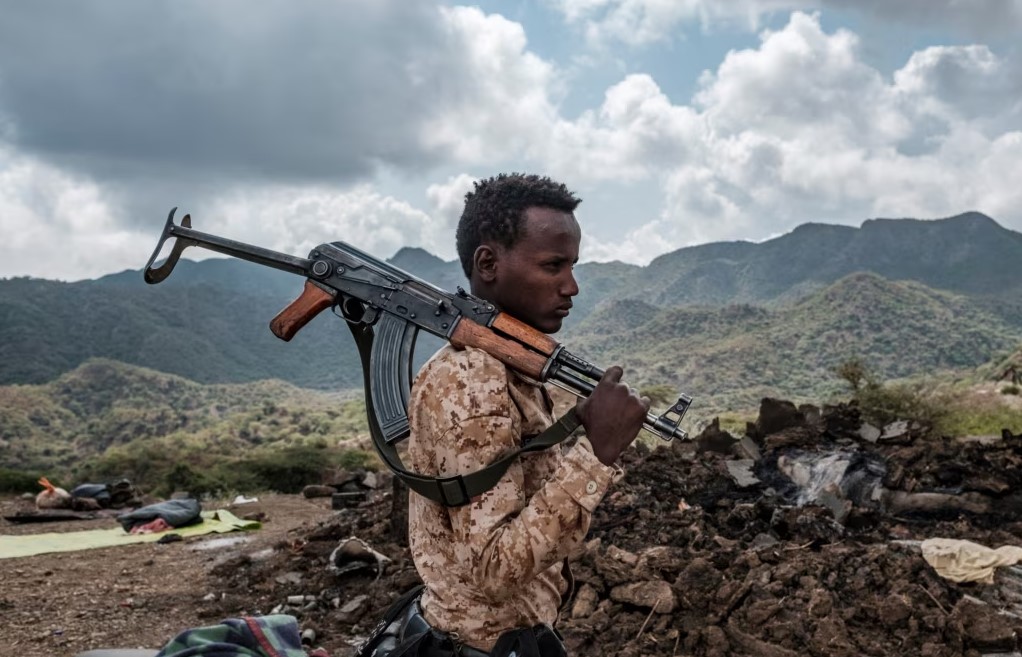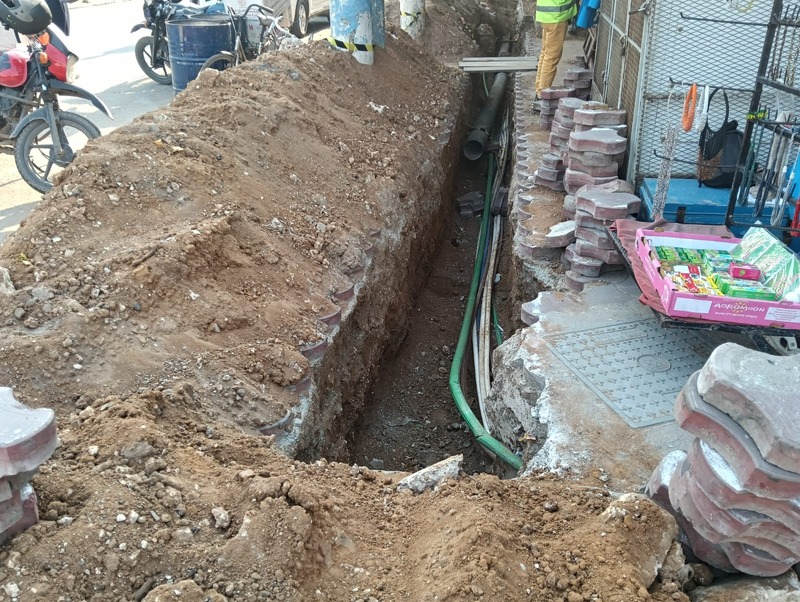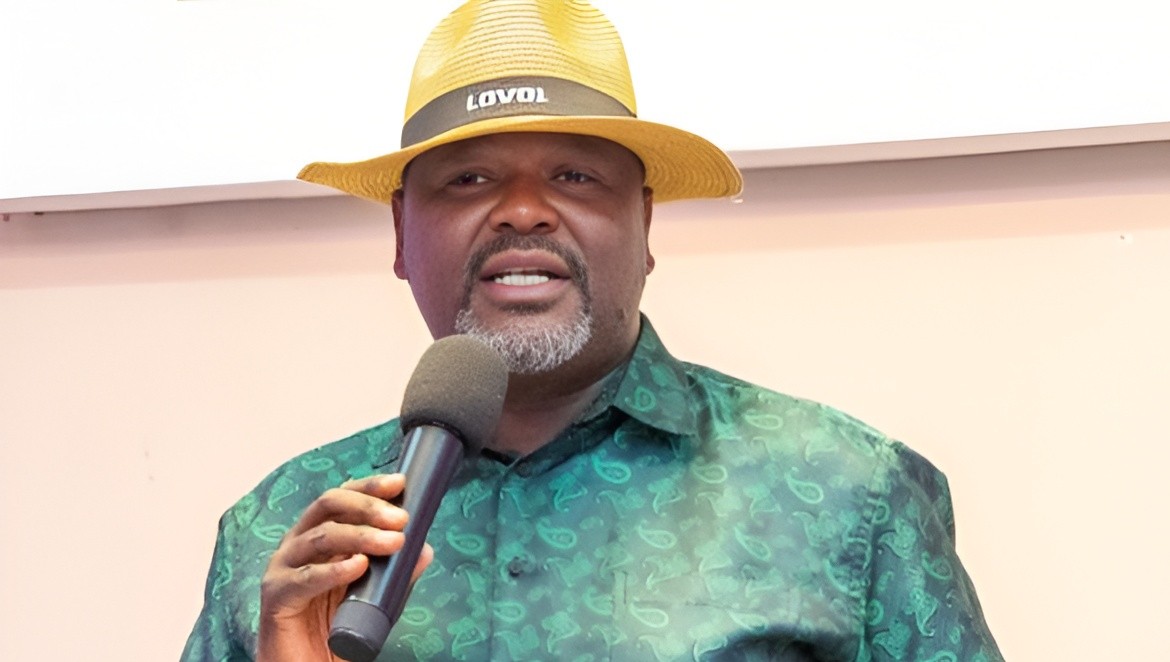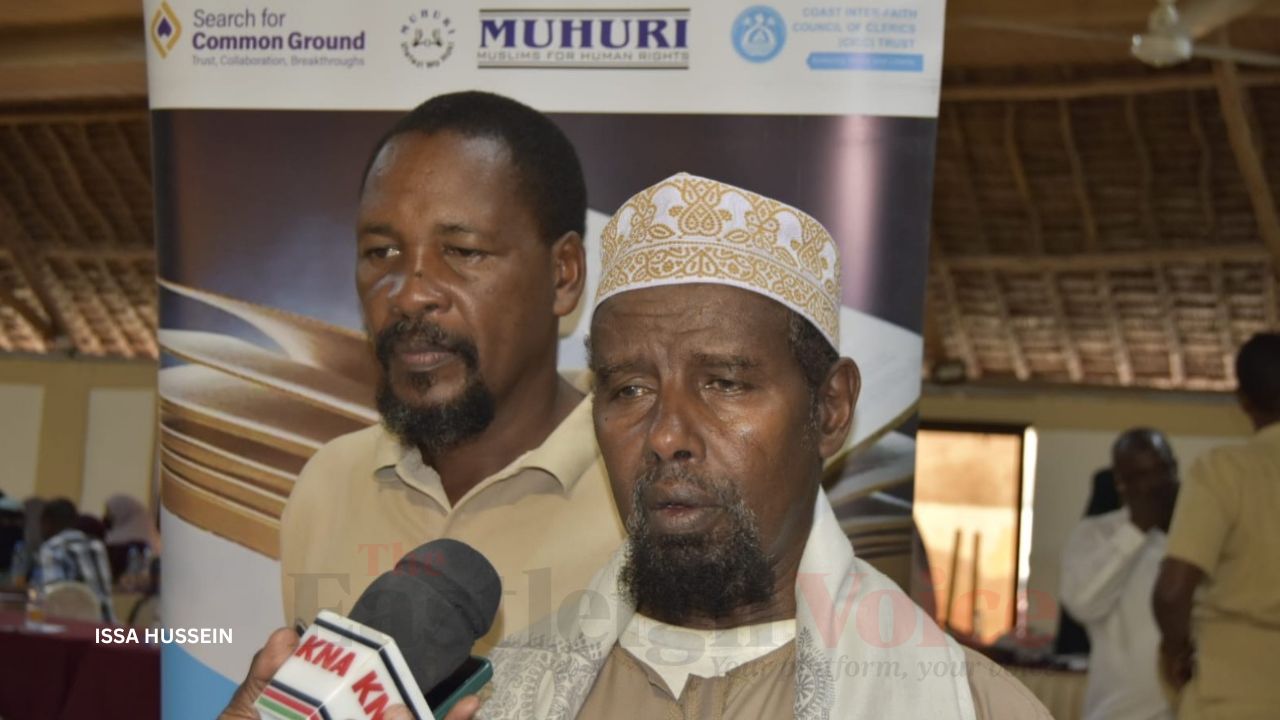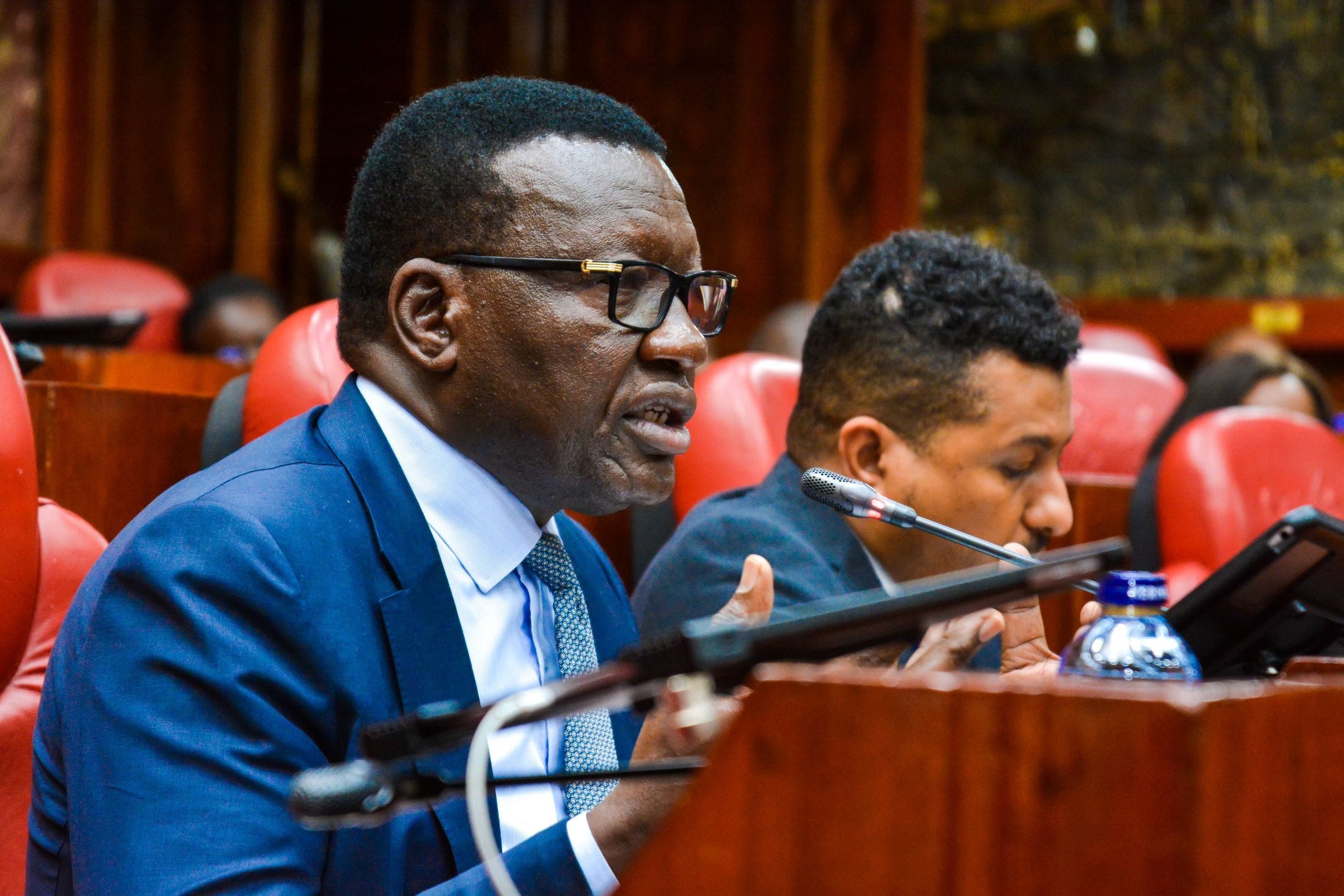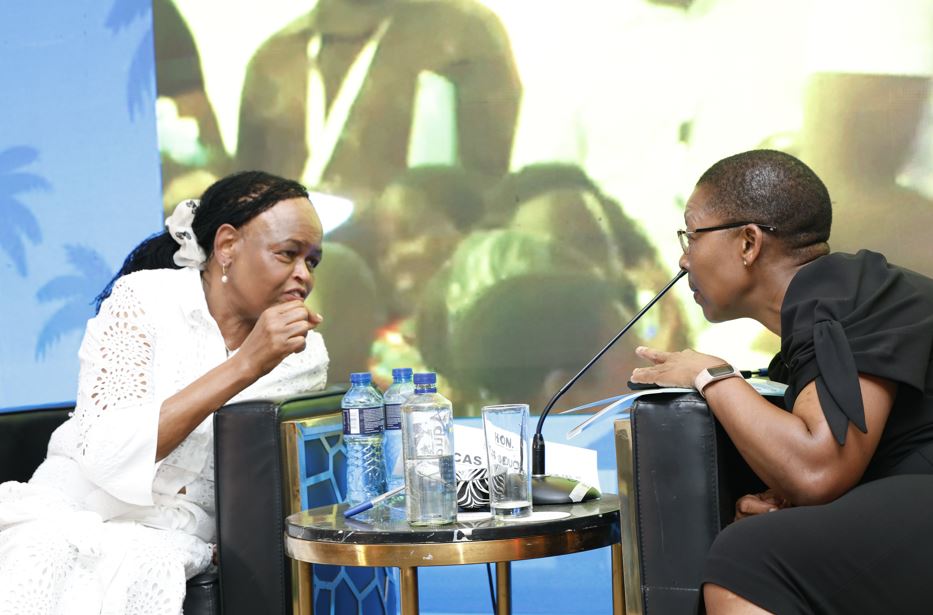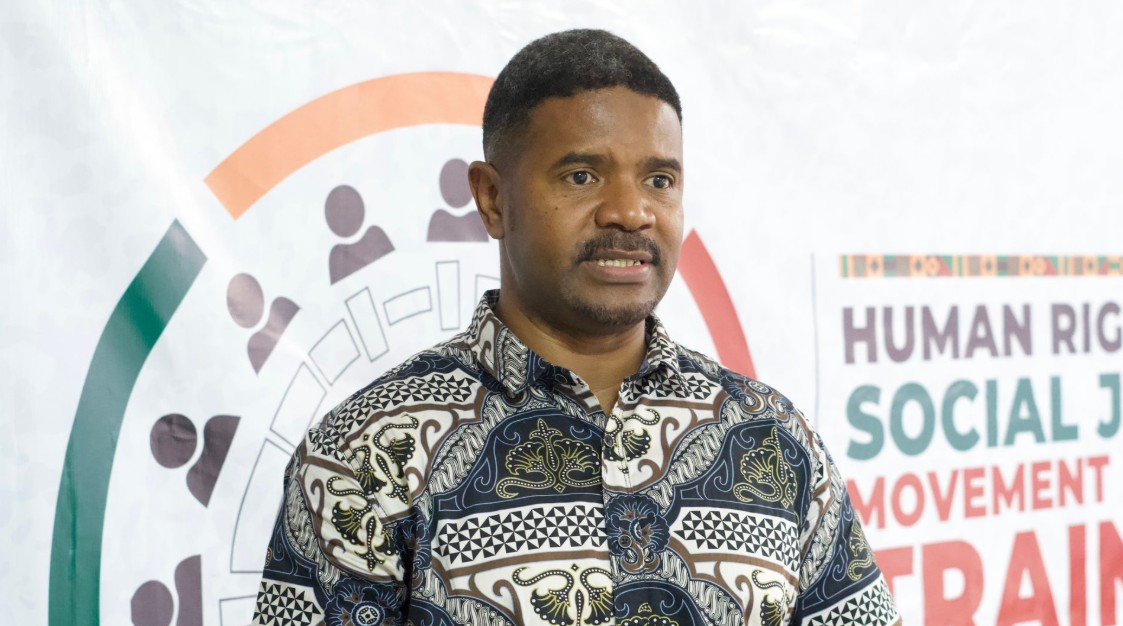Navigating cancer awareness in Eastleigh, a Somali community's journey

In the vibrant and cosmopolitan neighborhood of Kamukunji Constituency, the Somali community make a majority in the Eastleigh area.
In the vibrant and cosmopolitan neighborhood of Kamukunji Constituency, the Somali community make a majority in the Eastleigh area. In Eastleigh the word "cancer" carries weight, much like in any other part of the world. However, within this close-knit community, cultural nuances and a desire to avoid inconveniencing healthcare professionals often lead to overlooking minor signs that could be crucial for early detection.
Meet Bishaaro Faarax, a resilient woman in her forties who has been an integral part of the Eastleigh community for years. Like many others, she associates cancer with a potentially devastating diagnosis. In Eastleigh, where the community is tight and interconnected, sharing health concerns may feel like a burden. This sentiment echoes a widespread reluctance to seek medical attention until absolutely necessary.
More To Read
- Residents of Eastleigh’s Seventh Street demand urgent road repairs
- Court hears how police surveillance systems tracked suspects in Ahmed Rashid murder case
- Residents demand action as borehole drilling company renders Yusuf Haji Avenue impassable
- Safaricom’s Ndoto Zetu initiative elevates maternal health in Kamukunji's Eastleigh with bed donation
- Eastleigh residents slam City Hall over shoddy repairs on Athumani Kipanga Street, demand permanent fix
- Mahiza Cafe and Bakery: Eastleigh’s chocolate and dessert factory serving pistachio dreams, boba, and halal elegance
As Bishaaro goes about her daily routine, weaving through the business avenues and engaging in community gatherings, she starts noticing changes in her friend Fatima. Fatima, a jovial presence in the community, has been unintentionally losing weight Bishaaro, concerned yet hesitant to intrude, recalls hearing about unexplained weight loss being a potential sign of cancer.
The close-knit nature of the Somali community in Eastleigh becomes evident when Bishaaro, torn between cultural norms and genuine concern, decides to gently approach Fatima. Together, they navigate the delicate balance of maintaining community harmony while acknowledging the importance of health.
A local Taxi driver, Abshir, plays a crucial role in this story. As Bishaaro and Fatima share their concerns, Abshir, having overheard their conversation, reflects on the changes he witnessed in his friend Ahmed, a dedicated taxi driver. Ahmed's persistent fatigue, initially dismissed as the demands of his job, had become more pronounced.
In a community where everyone knows everyone else's business, Abshir organises an informal gathering of taxi drivers. Here, they discuss the importance of recognising signs that might be indicative of cancer, breaking down the stigma surrounding health discussions within the community.
The story unfolds with various community members reflecting on different signs highlighted by the American Cancer Society. Maryam, a respected elder, shares her experience with persistent constipation, urging others not to overlook such symptoms.
Bishaaro, Fatima, Abshir, and others find themselves on a journey of awareness, transcending cultural barriers and fostering a supportive environment. The narrative underscores the need for open communication, encouraging community members to seek medical advice without fear or hesitation.
As the story unfolds, the characters learn that awareness and early detection can be the keys to increasing survival rates. The narrative weaves through the rich textile of Eastleigh's Somali community, shedding light on the challenges they face in addressing health concerns while preserving their cultural identity. In the end, the community comes together to support one another, underscoring that health is a collective responsibility.
Top Stories Today
- Medicine shortages, SHA challenges leave Kenyan patients struggling
- Ruku urges north eastern residents to register for IDs as barriers lifted
- Mwembe Tayari locals protest exclusion from Mombasa water project
- National Assembly approves Ruto’s nominees to police service commission
- Interfaith initiative praised for fostering harmony in Garissa
- MPs reject proposal to divert road maintenance funds for administrative use
